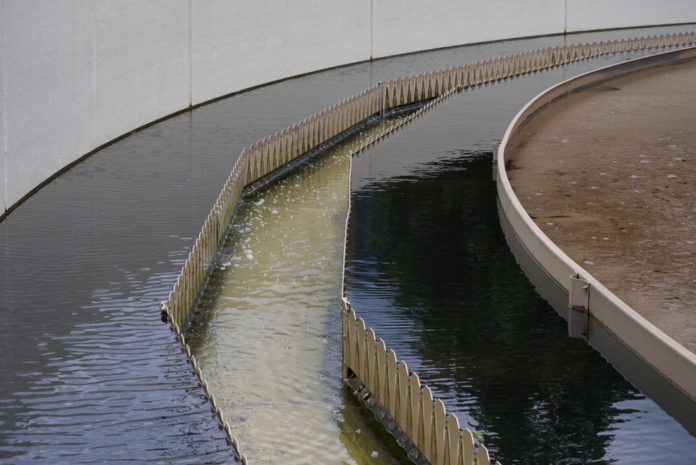Did you know that a significant amount of industrial wastewater ends up in the environment?
Yes, wastewater treatment is not only a human health issue but also an environmental one. Since industrial waste is more concentrated than regular sewage, it can cause more issues with the local ecosystem.
And the larger the industrial activity, the more wastewater production. A good understanding of industrial wastewater management is important to ensure we are enhancing the environment and not harming it.
In this article, we will tell you everything you should know about industrial wastewater.
Let’s begin!
Types of Industries that Produce Wastewater
Industrial wastewater can be categorized in several ways. The most common way is by the type of production process that created it. Here are five industries that produce wastewater:
Agricultural
Agricultural wastewater is a byproduct of the processing of agricultural products. It can contain pollutants, including pesticides, herbicides, and other chemical contaminants. Agricultural wastewater can contain metals and other harmful chemicals if not properly treated.
Automotive
Automotive industrial wastewater comes from the manufacturing or processing of automobiles. It can contain a wide range of pollutants, including metals, soils, oils, and chemicals.
Oil and Gas
Oil and gas production has increased exponentially in recent years. This increase in production has led to an increase in wastewater production, which must be treated properly if it is not to pollute groundwater and waterways.
Mining
In the mining industry, wastewater from mines contains heavy metals and other pollutants that can pollute water supplies. Mining companies are beginning to find ways to treat their wastewater before releasing it into the environment.
Printing
In the printing industry, wastewater is a byproduct containing solvents, inks, and other chemicals. These materials can pollute waterways if not disposed of properly. Companies must treat the wastewater before it can be released into the environment.
Effects of Industrial Wastewater on the Environment
Much of this wastewater is discharged directly into rivers and streams. It can also end up in ponds or lakes before being released into the environment. The contamination caused by industrial wastewater has serious consequences for both human health and the environment.
How to Deal with Industrial Wastewater?
Industrial wastewater is a major environmental issue. It can contain harmful chemicals and pollutants. There are many ways to deal with industrial wastewater, but the best way depends on the situation.
Wastewater storage tanks are essential for the safe and efficient management of industrial waste. Special design considerations are important when constructing these tanks to prevent hazards. View here for more about wastewater storage tanks.
The Bottom Line
Industrial wastewater is a complex mixture of water, chemicals, and pollutants. It can be harmful to the environment and human health if not properly managed. If you are responsible for wastewater discharge, be sure to understand your responsibilities and follow established guidelines.
If you want to read more guides about industrial regulations and procedures, please browse through the rest of our blog today!










